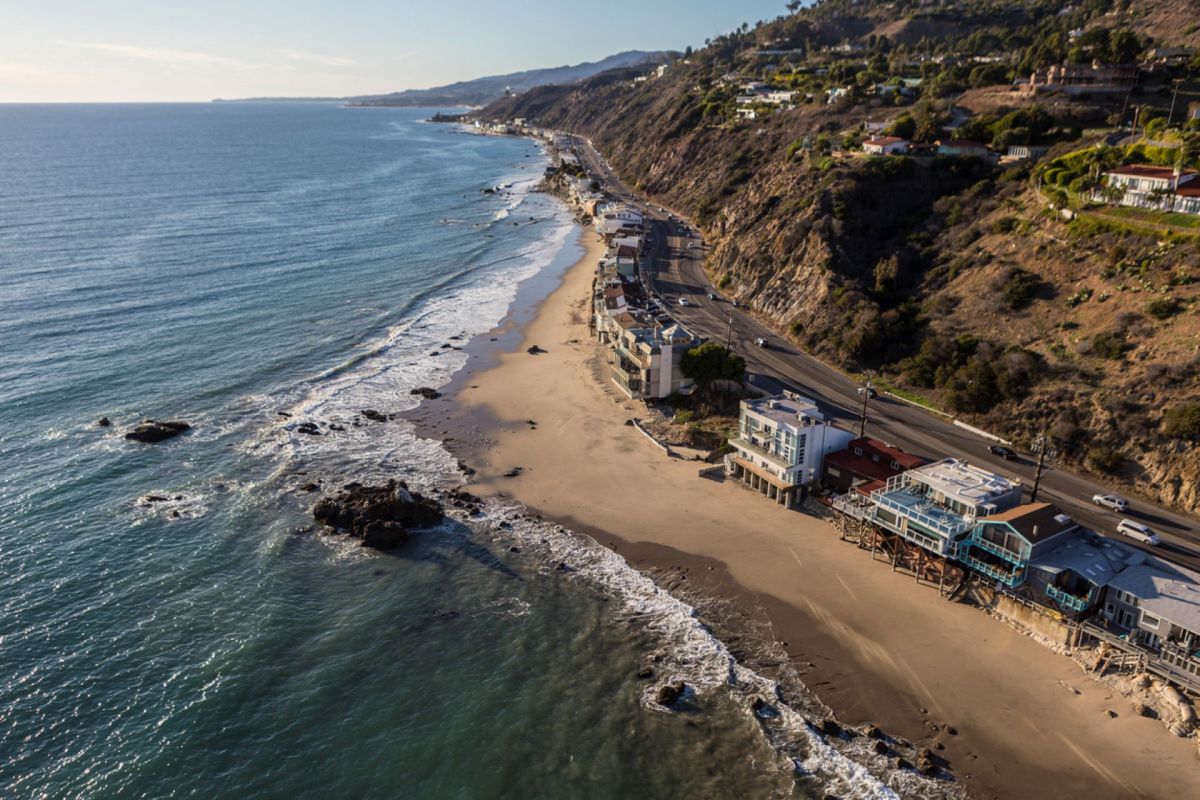Scientists are warning that California may get another deluge of rain after last year's "atmospheric rivers" caused billions of dollars' worth of damages. This comes as parts of the state are still grappling with the after-effects of unusual floods.
What's happening?
As reported by Bloomberg, the U.S. Climate Prediction Center cautioned that an atmospheric river may soon drench the Golden State and other parts of the West, with updated "moderate" odds of a more serious natural hazard as high as 60%.
"Another impactful atmospheric river event for southern portions of the West next week, bringing heavy rain and high winds to California and the Southwest, along with heavy snow at higher elevations" from Feb. 5 to Feb. 9, the center said in an advisory, warning of "localized flooding and landslides" as well as "coastal erosion from persistently high waves."
Bloomberg wrote that strong versions of the storm "can land as much water onshore as flows through the mouth of the Mississippi River," which discharges 593,003 cubic feet of water into the Gulf of Mexico every second, according to the National Park Service.
Why is this concerning?
While California has desperately needed rain after drought conditions depleted its water supply in recent years, atmospheric rivers have been growing increasingly dangerous.
In fact, according to a study by NASA, "the frequency of the most intense atmospheric river storms is projected to nearly double" if humans keep producing planet-warming pollution at the current rate.
From late 2022 through early 2023, at least 22 people were killed as nine different atmospheric rivers made their way across the Western United States and Canada, with the National Centers for Environmental Information noting the storms caused $4.6 billion in damages and losses, per Bloomberg.
Other extreme weather events linked to rising temperatures include wildfires and hurricanes, contributing to a record-setting number of billion-dollar disasters in the U.S. last year.
What can I do about atmospheric rivers?
If you find yourself in the middle of an atmospheric river, knowing what to do can help keep you safe, including not driving or walking in flood waters.
According to the National Weather Service, it's not uncommon for people to "underestimate the force and power of water," and many drowning deaths are preventable.
TCD Picks » Quince Spotlight
💡These best-sellers from Quince deliver affordable, sustainable luxury for all
You can also take action in your day-to-day to eliminate pollution that's driving the disruptive changes in weather. Unplugging energy vampires and switching to LED light bulbs are just two of the helpful, easy-to-accomplish swaps that also have the benefit of reducing electric bills.
Join our free newsletter for cool news and cool tips that make it easy to help yourself while helping the planet.













